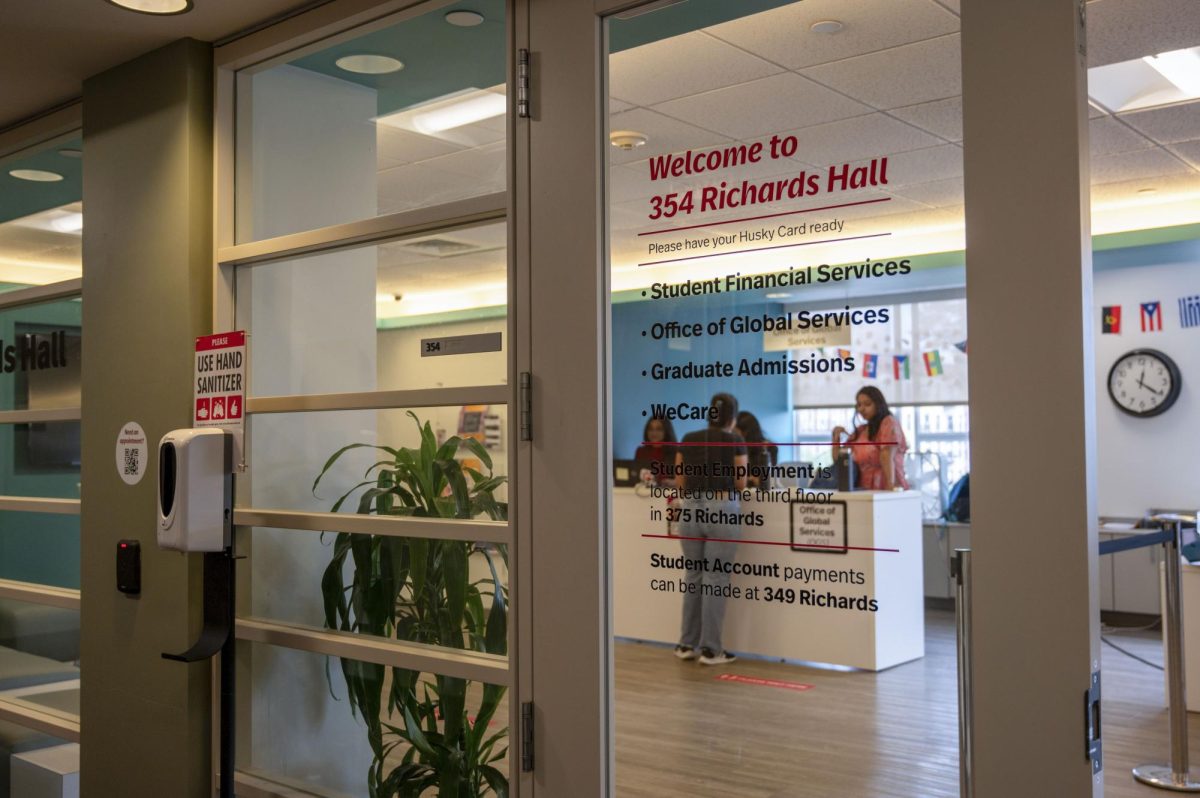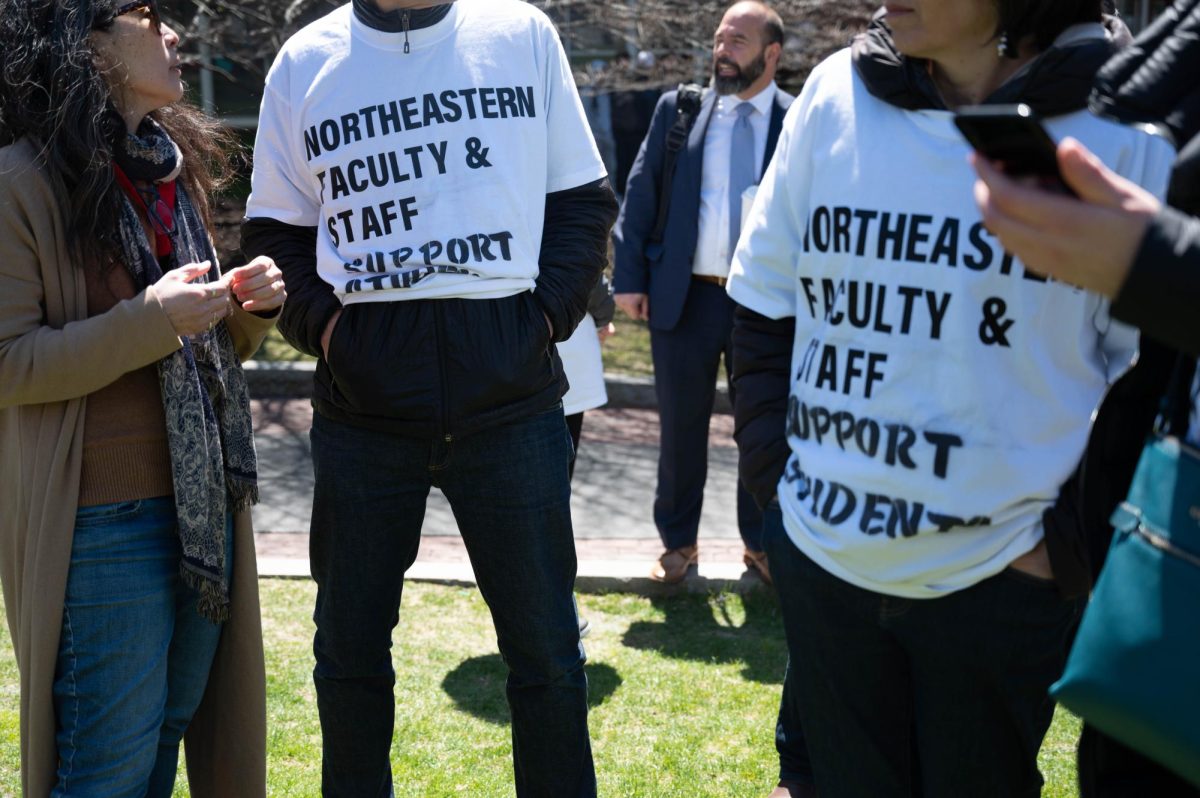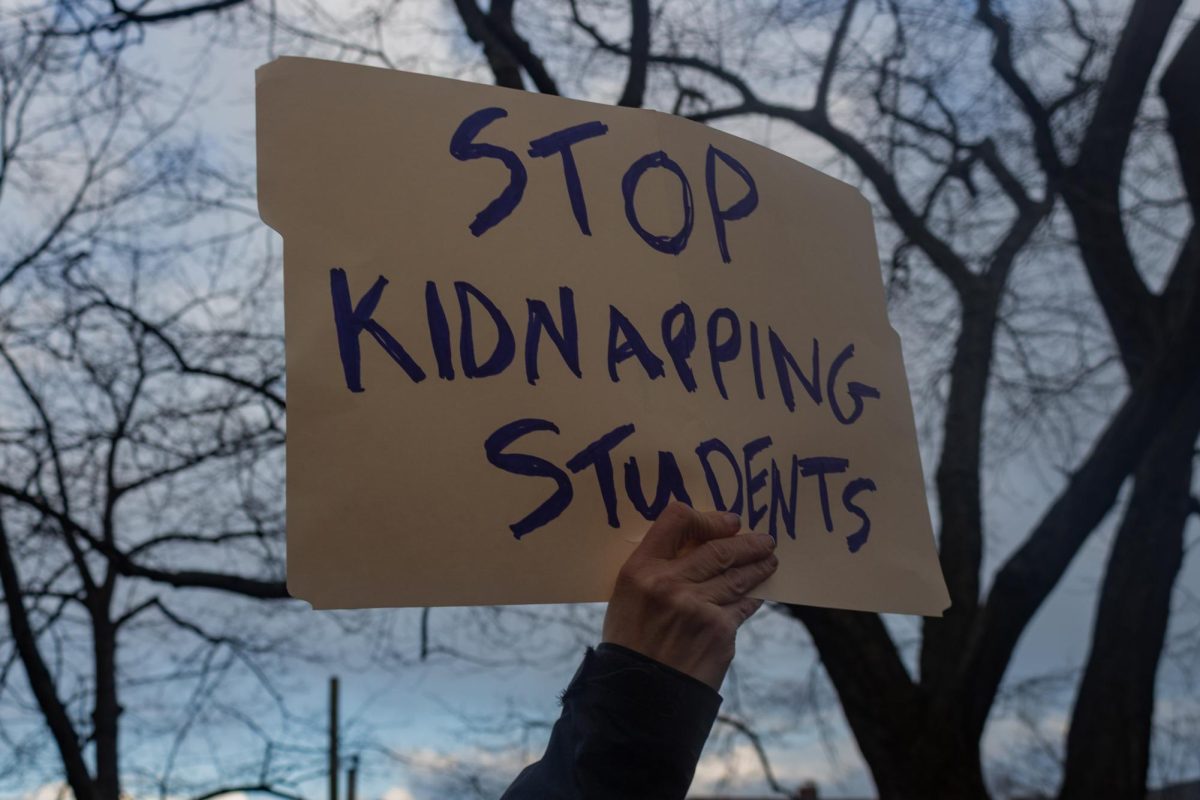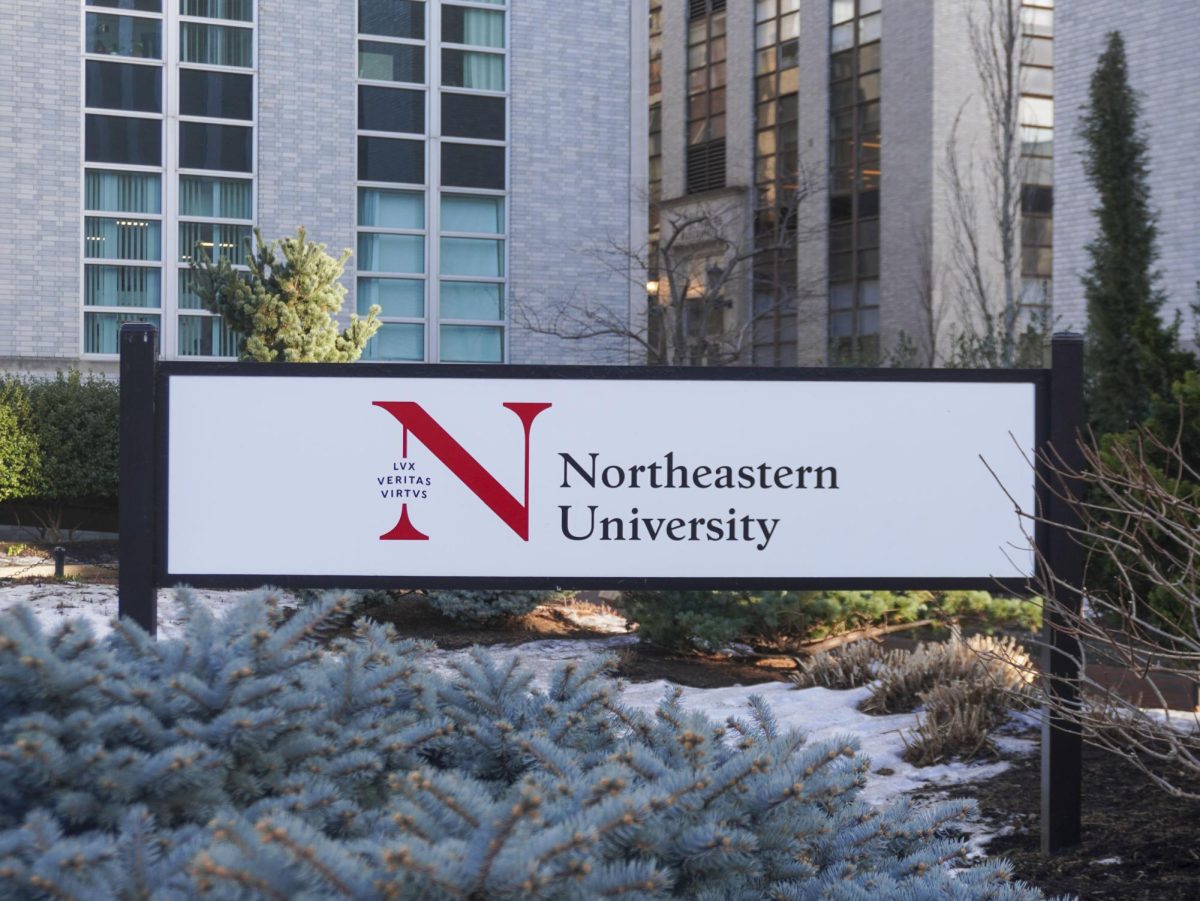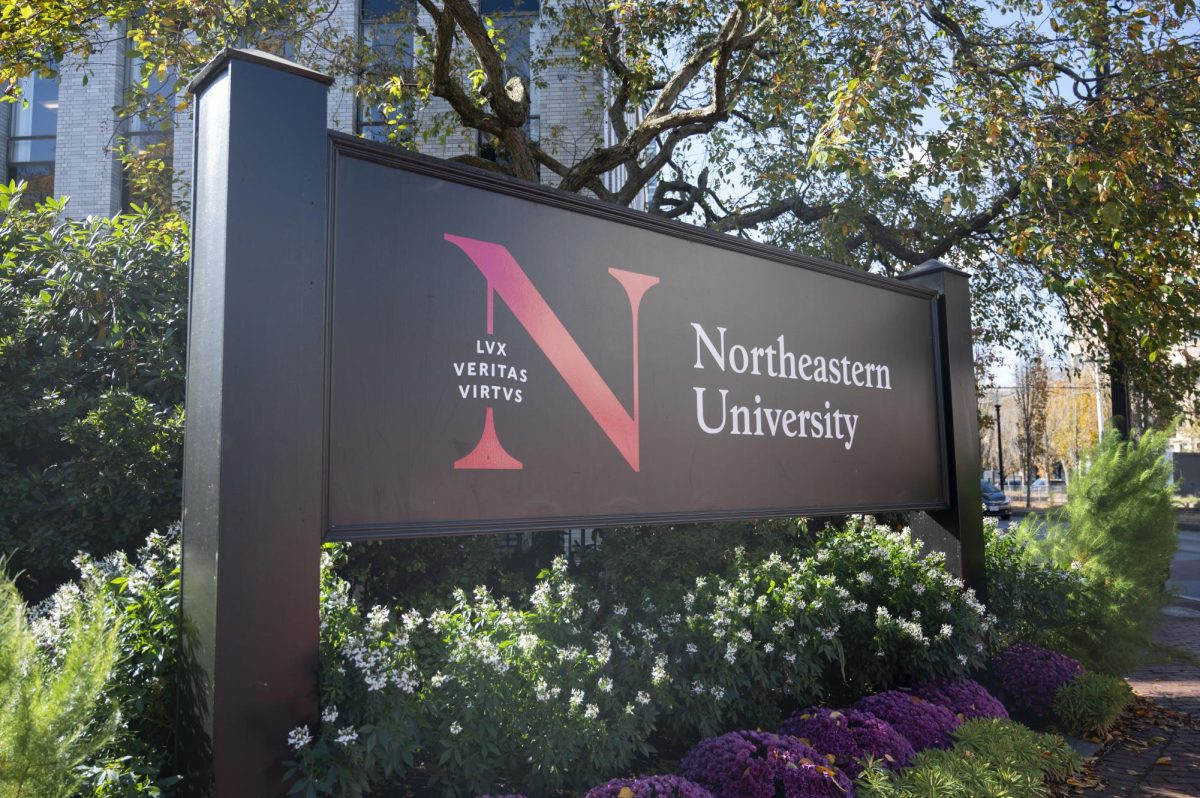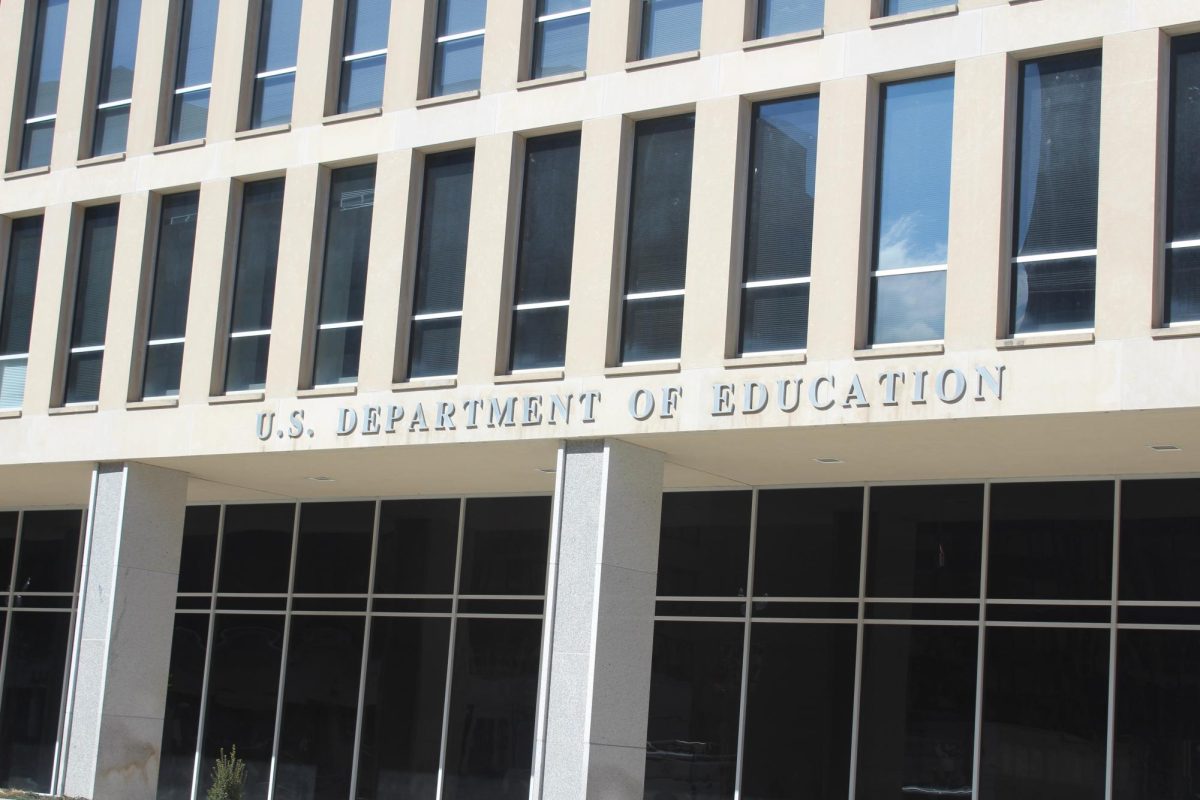Northeastern’s Office of Global Services, or OGS, sent an email to international students April 6 warning of the mounting threat of visa revocations after “approximately” 40 Northeastern students’ and graduates’ visas were terminated.
In the email, OGS warned students that J-1 or F-1 visas, the most common visas for international students studying in the U.S., are being canceled nationwide. F-1 visas are for students pursuing an academic degree, while J-1 visas are for exchange students or those participating in cultural or educational programs such as study abroad programs.
“The Trump administration has issued a wave of executive actions that is impacting some members within our F-1 and J-1 student and scholar population,” the email, obtained by The Huntington News, reads.
It goes on to advise students to immediately notify OGS if they receive notification of a visa revocation and “seek legal counsel from an immigration attorney.” According to the email, students are still expected to attend courses to maintain their enrollment status until they receive further information from OGS.
The email links to the “U.S. Immigration Legal Resources” page of the OGS website, where students can find resources related to finding an attorney and understanding the documents they should carry while inside the U.S.
While other universities, like New York University, are raising money to supplement F-1 and J-1 students’ legal fees and attorney expenses, Northeastern has compiled a list of Boston immigration attorneys as a resource for students.
If a student’s visa is revoked, it could potentially affect their Student and Exchange Visitor Information System, or SEVIS, record, which determines their legal status.
“Now, some students with visa revocations are also having their SEVIS record terminated,” the email reads. If a scholar’s visa is revoked, they must immediately leave the country and could be denied re-entry into the United States.
The Student and Exchange Visitor Program, or SEVP, is a federal program within the Department of Homeland Security that oversees the immigration status of international students and exchange visitors in the United States, while SEVIS is a government web-based system used to track a student’s immigration status.
The email said, “SEVP is now terminating the nonimmigrant status of some students with a visa revocation and/or some sort of criminal activity.”
Federal officials recently detained students with no known criminal background, such as Columbia University graduate student Mahmoud Khalil and Tufts University doctoral student Rümeysa Öztürk. Khalil played a central role in the protests of the Israel-Hamas war at Columbia, and Öztürk wrote an op-ed expressing pro-Palestinian views in Tufts’ student newspaper last year. Both are currently being held in a Louisiana detention center; the Trump administration has said that both are supporters of Hamas but has not provided evidence for their claims.
In the email, OGS advised students to carry proof of identity, such as a government-issued photo ID, their I-20 form for F-1 students or DS-2019 for J-1 students, at all times. It also asks that students always keep immigration records accurate and up to date and continue to monitor Northeastern’s “Navigating a New Political Landscape” FAQ page for updates.
“Please stay vigilant for scams targeting international students and scholars. No government official will ever demand immediate payment, threaten deportation or ask for sensitive personal information over the phone or by email. If you receive any suspicious messages or calls, do not respond — reach out to our office or Northeastern University Police for assistance,” the email reads.



